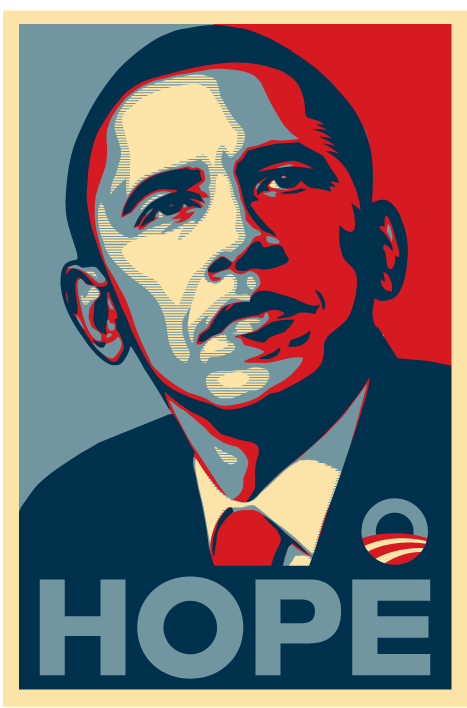"Chappelle's Show" debuted in early 2003 on Comedy Central. The show quickly rose to popularity with its combination of sketch comedy and hip hop performances, as well as the tackling of controversial topics including: social, racial, political issues. The use of controversial topics drew in more viewers to his show, which was unexpected as Chappelle initially iterated that he expected these controversial subjects to get his show cancelled. This would not be the case as the show would go on to be renewed for a second and third season. While in negtiations for the third season of the show, Comedy Central agreed to an unprecedented, fifty million dollar contract with Dave Chappelle.
However, during the filming of the third season of the show, Chappelle seemed to be dissatisfied with the way he and his show were being viewed. While filming a sketch that involved going in "black face", Chappelle claimed that a white woman was laughing at him in a way that he felt was inappropriate. To make matters worse, Chappelle was repeatedly harassed by fans during a stand-up act in Sacramento, Ca. The fans kept chanting "I'm Rick James, Bitch!", a catchphrase popularized from a skit with Rick James and Charly Murphy on "Chappelle's Show". Chappelle walked off stage and only came back to tell the crowd off, saying "I fight for you everyday...Comedy Central thinks that you are dumb...I tell them how smart you are...Clearly I'm wrong. You people are stupid!" After these instances, Chappelle decided not to return to his show. He walked away from millions of dollars and all the success and quickly flew off to Africa. Although he was only there for a week, the shock lead many to believe that he wasn't coming back.
In some sense, this has been true. Dave Chappelle has not appeared on Comedy Central since cancelling his show, and he has made very few television appearances since quitting. While his television career is done for the time being, Chappelle still does stand-up comedy regularly. Since his show has been off the air for seven years now, hip-hop has lost one of its most popular proponents. Dave did his final send off with "Dave Chappelle's Block Party", in which he put on a concert of many hip-hop acts including: Mos Def, Talib Kweli, Common, Kanye West, The Roots, and The Fugees (Miraculously!), just to name a few. The concert was performed in Brooklyn, NY and Dave gave out free tickets and transportation to many people from his hometown. Even If he doesn't come back to the entertainment industry, Dave Chappelle's legacy as a great mind in hip-hop has been permanently cemented.
Common ft. Jill Scott & Bilal- Funky For You
Mos Def- Ghetto Rock
The Roots- Why (What's Going On)











